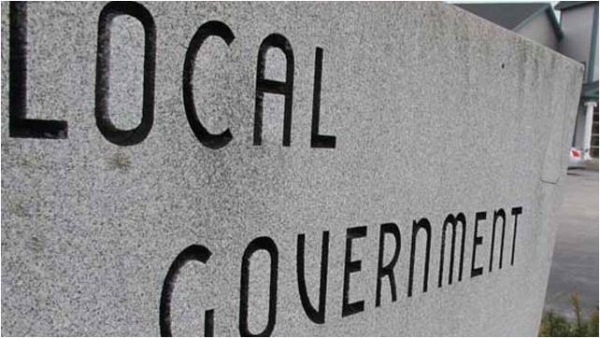The GGLN was requested to participate in the Commission, Intergovernmental fiscal relations review: Fiscal allocation for developmental local government. Xavia specifically aimed to share recommendations stemming from the Accounting for Basic Services Project, a project focused on improving free basic service provision to indigent households. The project is being undertaken jointly by the Heinrich Boll Foundation, and four GGLN members, namely the Built Environment Support Group, Planact, Isandla Institute and Afesis-corplan. Recommendations pertained to the equitable share and the fiscal system for local government. The Commission, however, focused on the issue of municipal health services, largely closing the door for the sharing of these inputs.
Discussions however remained useful and insightful. They centred on the challenges municipalities faced in ensuring the effective and sustainable delivery of municipal health services, including a lack of funding.
While the current equitable share allocation to district and metropolitan municipalities for municipal health and related services for the 2017/2018 financial year will be increased in the next financial year, delegates indicated that the current funding arrangement presents challenges. While the equitable share formula provides for municipal health and related services, for example, there is no clear explanation on which services are considered to be related to municipal health. As a result, municipalities channel funds to other services, at the expense of municipal health.
Therefore, the inadequate provision of basic services to indigent residents based on stringent qualification criteria is not limited to services such as water and electricity. It also extends to other services such as municipal health. It is however not the indigent criterion that is excluding residents from receiving the services which they need, but the opportunistic exploitation by the municipality of the lack of clarity on which services are related to municipal health.
Written by: Xavia Poswa

